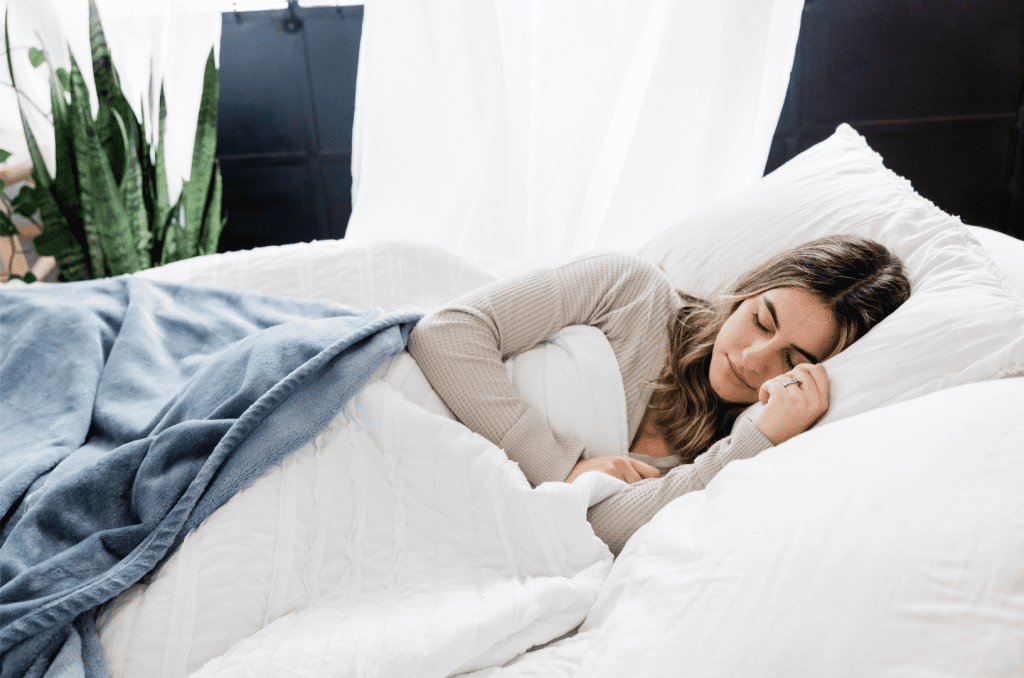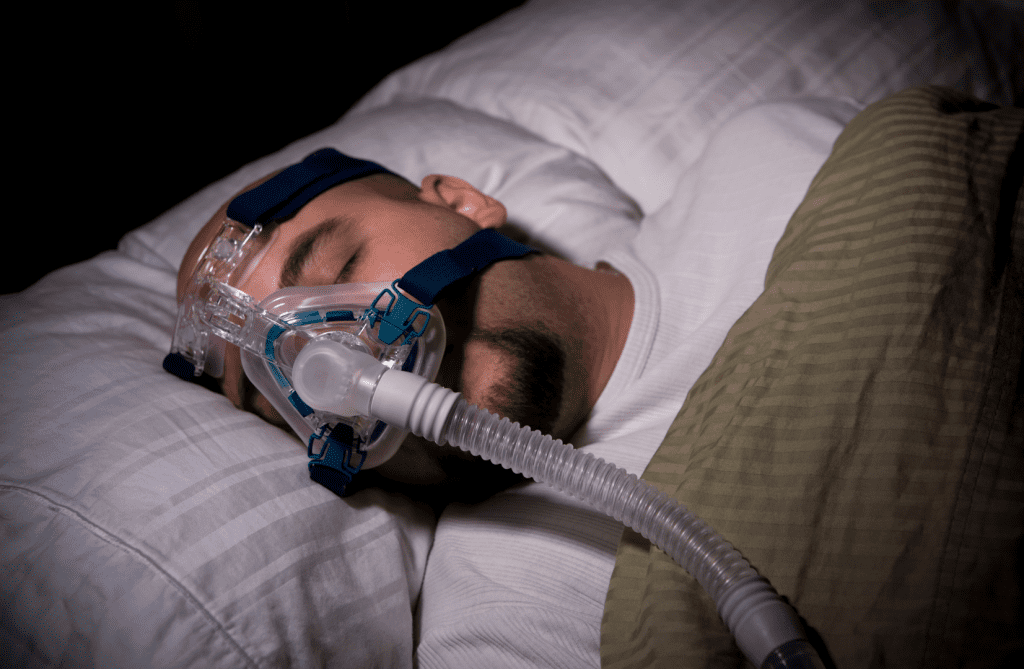News

Middle-aged women with low levels of estrogen and progesterone are more likely to snore and to report symptoms of obstructive sleep apnea, according to a new study published this week in PLoS ONE by Kai Triebner of University …
Read More
Sleep breathing sounds recorded via smartphone yielded fair prediction of obstructive sleep apnea, researchers reported in JAMA Otolaryngology – Head & Neck Surgery…
Read More
Ongoing use of continuous positive airway pressure (CPAP) treatment is associated with lower all-cause mortality in patients with obstructive sleep apnea (OSA), according to a study published in the June issue of CHEST.
Read More
If insomnia keeps you awake at night, Flinders University researchers recommend a trip to the doctor – not for a sleeping pill prescription but for a short course of intensive behavioral therapy…
Read More